Welcome to the third edition of Bookpeach! Thank you so much to all who have subscribed.
I’m writing this on the train back to Berlin following a week in Poland. I spent a few days with a friend in Krakow, then attended a multi-day journalism seminar at the former German Nazi concentration and extermination camp Auschwitz.
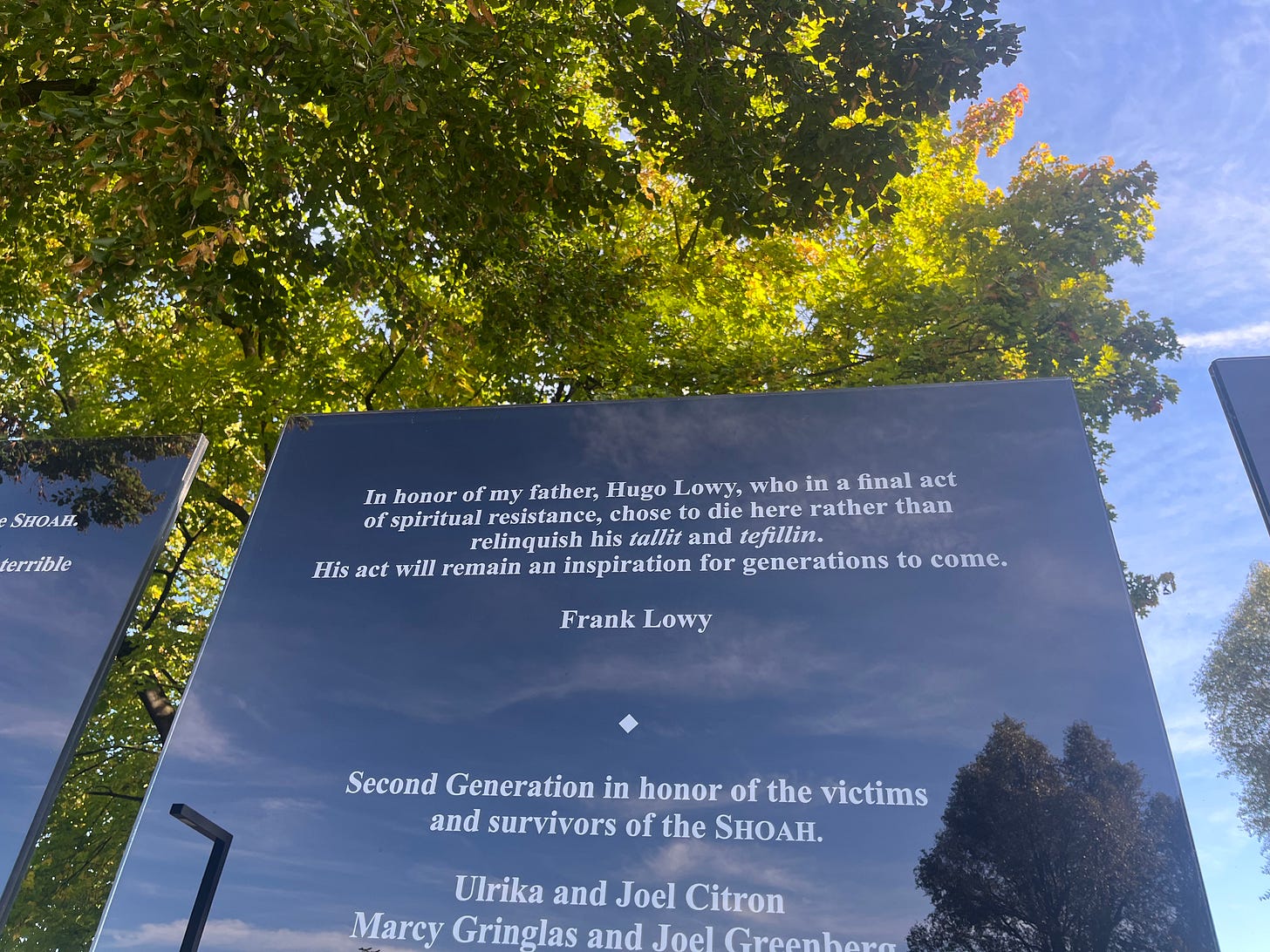
I know it seems like such a tragic and depressing trip — which it most certainly is!— but I genuinely encourage anyone who can to go and visit this memorial. There were many unforgettable moments, but I am most grateful for the behind-the-scenes access we got with the curators and preservationists. I also had fascinating conversations with fellow journalists, including a Holocaust historian whose grandfather was in the SS and a journalist whose uncle liberated a concentration camp.
We were very lucky to be guided by Paweł Sawicki, an educator and press officer with an encyclopedic knowledge of the Holocaust. On top of running the memorial’s social media, he is also the Editor-in-chief of the Polish-English monthly "Memoria.”1 A former journalist, he was a great sport — even when I asked him roughly 100 questions over the course of one meal.
I was particularly struck by our conversation regarding “Auschwitz fiction” and the danger of inaccurate representation. As a reader, I have certainly been guilty of consuming “popcorn” historical fiction — books about real, tragic events told in palatable, and often inaccurate, ways.
With that in mind, I read the memorial’s response to the mega-popular The Tattooist of Auschwitz, outlining the mountain of historical inaccuracies. Historian Wanda Witek-Malicka didn’t hold back:
“The book, however, contains numerous errors and information inconsistent with the facts; as well as overinterpretations, misinterpretations and understatements on which the overall inauthentic picture of the camp reality is built.”
I was shocked to learn that the book’s author, Heather Morris, never actually visited the camp when researching the book. It’s full of errors, and upon reflection, it definitely romanticizes the whole experience in a really unseemly way.
Not to neg anyone who loved this book (I bought it myself at the airport in 2018!), but I wanted to share some of my favorite historical fiction books where authors with a personal connection actually did the work.
This is by no means a comprehensive list, and barely scratches the surface of literary historical fiction. These are just some of my personal favorites about the 20th century. I’m curious to hear what yours are?
The Book Thief by Markus Zusak
I know this novel is technically YA, but I firmly believe it’s for all ages. I’ve reread it so many times at this point, but there are still passages where I have to set the book down and just think.
Narrated by Death, The Book Thief follows the life of a young girl, Liesel Meminger, and traces her burgeoning friendship with a Jewish artist hidden in her foster family’s home. Zusak’s parents grew up in Nazi Germany, and he first learned about the Holocaust from his mother who was a young girl at the time.
This is a great book for someone just beginning their WWII education. Prepare to have tissues handy.
The Lowland by Jhumpa Lahiri
For many years, Lahiri’s The Namesake was my very favorite book.2 I’m recommending The Lowland here because it wasn’t as popular and covers a lesser-known topic, particularly for an American audience.
This 340-page tome follows two brothers from Calcutta, Udayan and Subhash. Although inseparable as boys, their paths violently diverge when they reach adulthood and one brother becomes part of the Naxalite movement, a form of militant communism in India.
Reading this book, I discovered a slice of history I was never taught in school, and I appreciate how Lahiri doesn’t try and water it down.
Passing by Nella Larsen
This book may have been required reading in your high school, but I didn’t read it until college. Published in 1929, the novella follows two childhood friends—Clare Kendry and Irene Redfield. Both light-skinned Black women, Clare has chosen to “pass” and is married to a wealthy White man.
Larsen herself had mixed racial heritage, and this book successfully critiques and satirizes the practice of “passing” in the 1920s. Despite its slim page count, this book has inspired many adaptations, including an excellent 2021 film starring Ruth Negga and Tessa Thompson. If you’re interested in this topic, I also recommend any of Danzy Senna’s books3 and Brit Bennett’s The Vanishing Half.
Shuggie Bain by Douglas Stuart
Loosely autobiographical, Shuggie Bain is a coming-of-age story about a young gay boy growing up in 1980’s Glasgow. The crux of the book is his relationship with his alcoholic mother, the loving but increasingly erratic Agnes.
While this book introduced me to the economic realities of post-industrial Scotland and the Protestant/Catholic divide, my biggest takeaway was the beauty of Stuart’s writing. UGH. This book is so damn good.
And as promised, here’s what I’m reading these days:
During such a heavy week in Poland, I needed a comfort book. I devoured I Hope This Finds You Well by Natalie Sue. Although it seems like a fluffy office novel, it’s actually a deeply felt story about finding yourself and leaning into your found community. It made me WEEP! (Bookshop)
I’m finishing up Eichmann in Jerusalem: A Report on the Banality of Evil, a controversial collection of essays written by philosopher and journalist Hannah Arendt. I’m learning a lot from each section, and am glad to be taking my time with it. (Bookshop)
I just started Foster Dade Explores the Cosmos by Nash Jenkins after a reader recommended it following my “dark academia” guide! So far, so good. (Bookshop)
What are y’all reading this week?
XOX
Alli
Paweł’s social media work has inspired three PhD’s. I recommend checking out this interview with him here.
I also love Lahiri’s collections of short stories, including her Pulitzer Prize winning The Interpreter of Maladies. For the last few years, she has been writing in Italian, and while I wish I loved these books, I just can’t get on board! I respect her creative and experimental approach, but I miss her old stuff :(





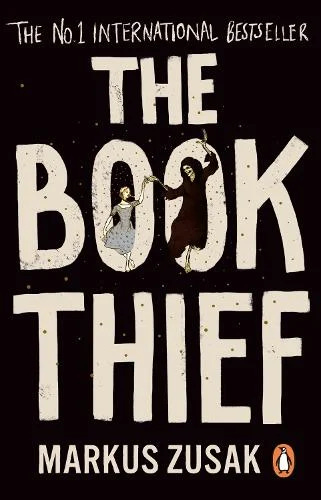
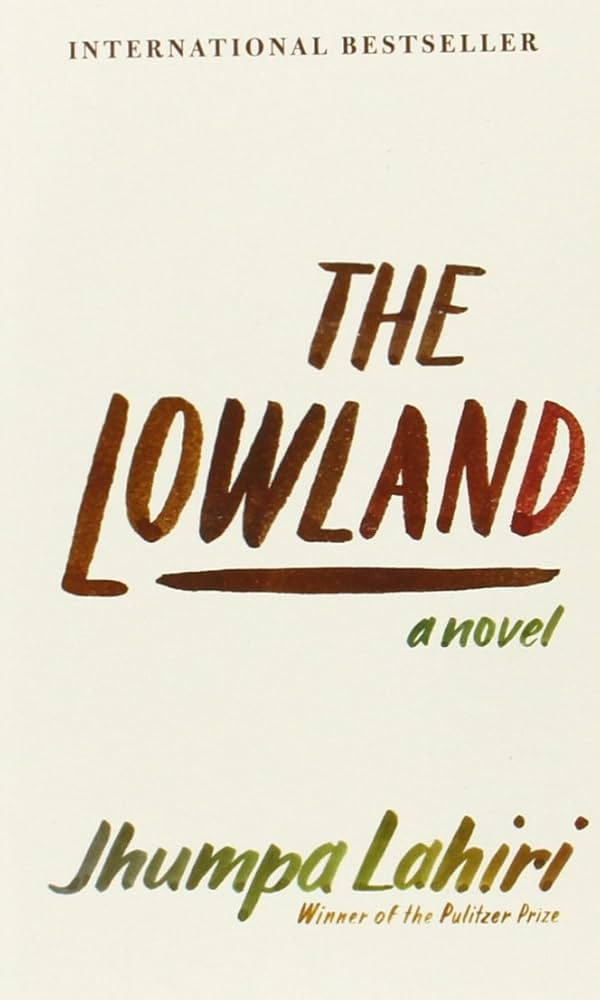
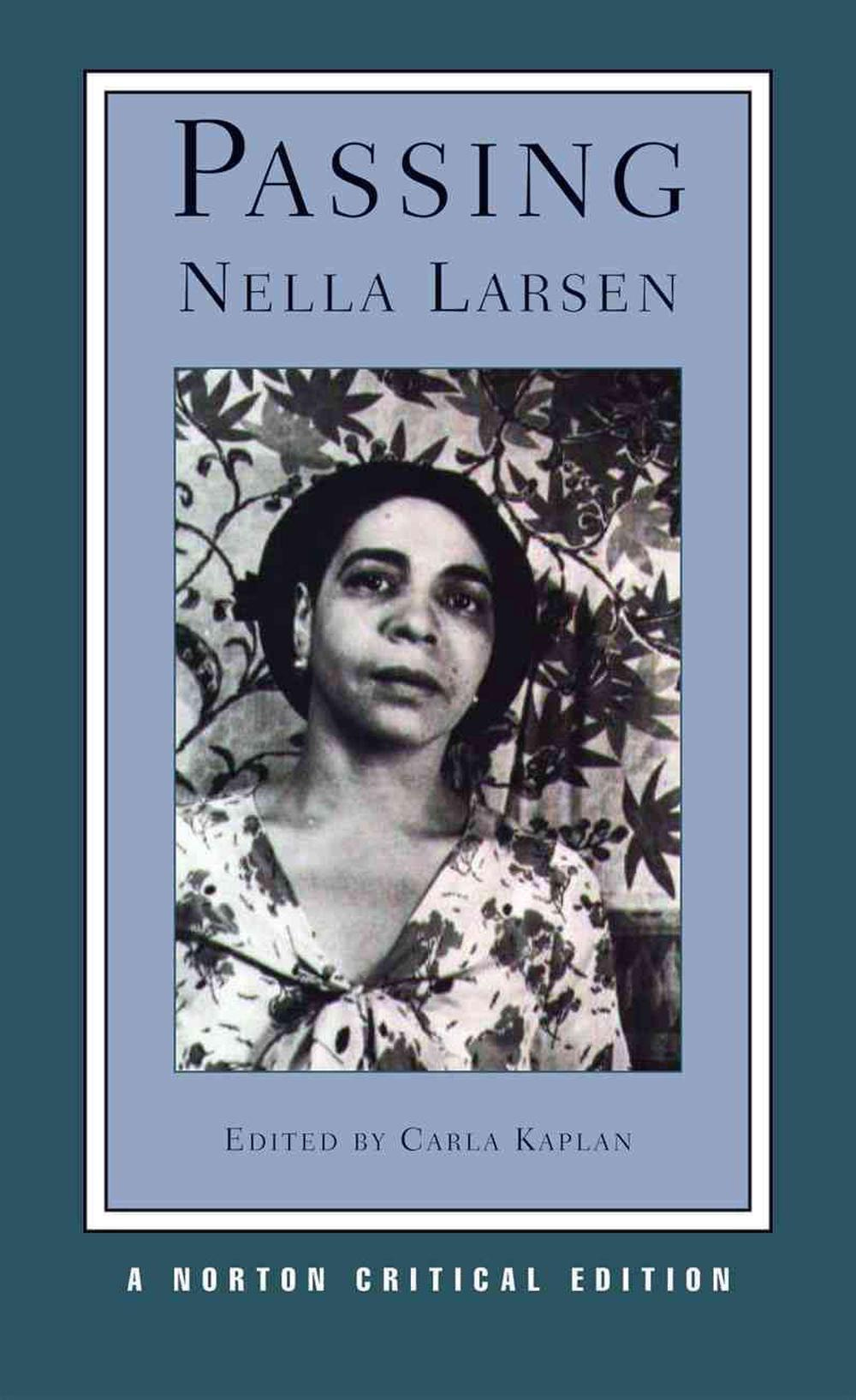
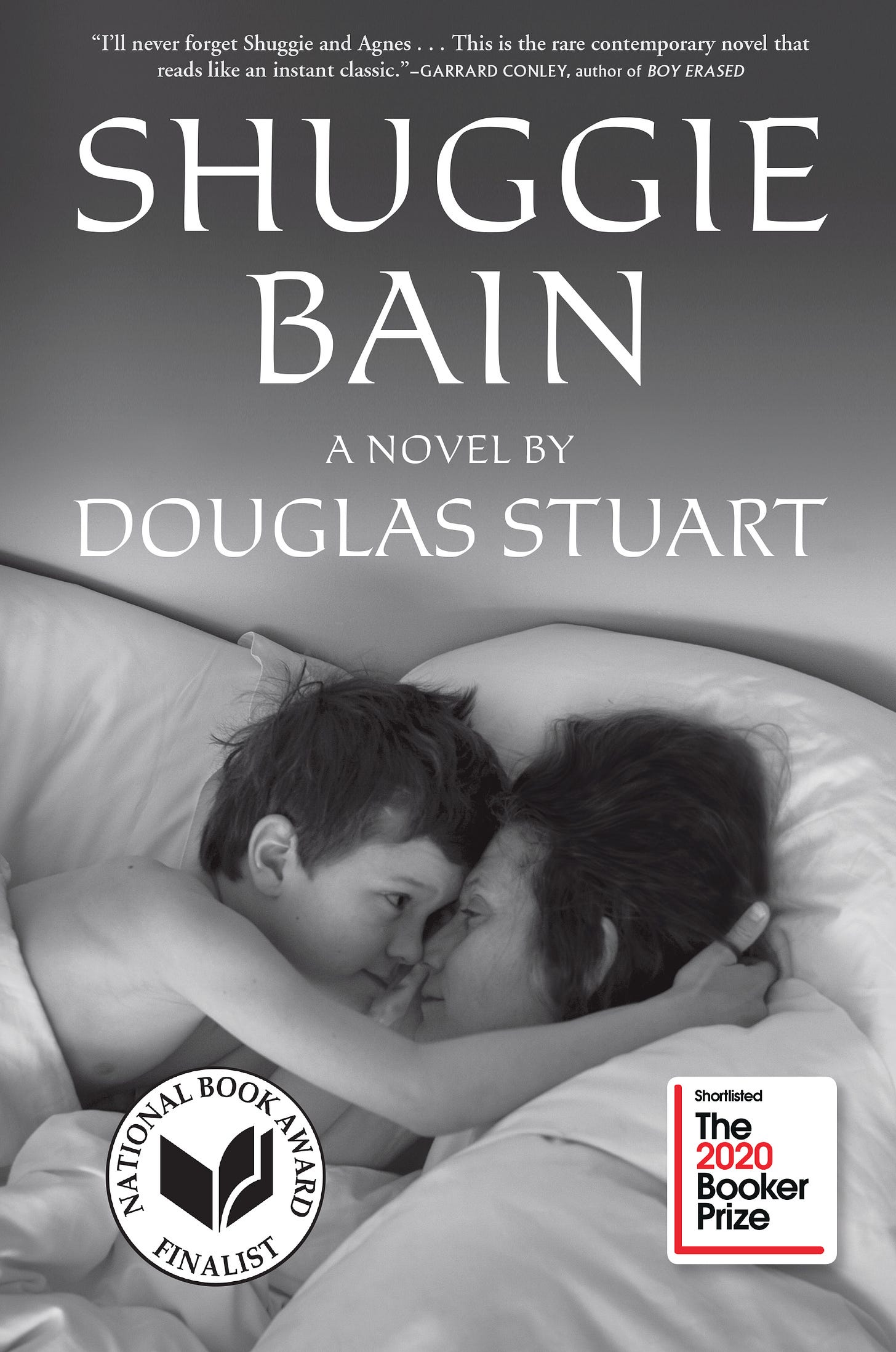
The HUGE amount of holocaust fiction that is so popular nowadays always felt juuuust a little off to me in some ways, and you finally described why! Great post :)
Ugh I cannot recommend the Book Thief enough. Such an incredible book